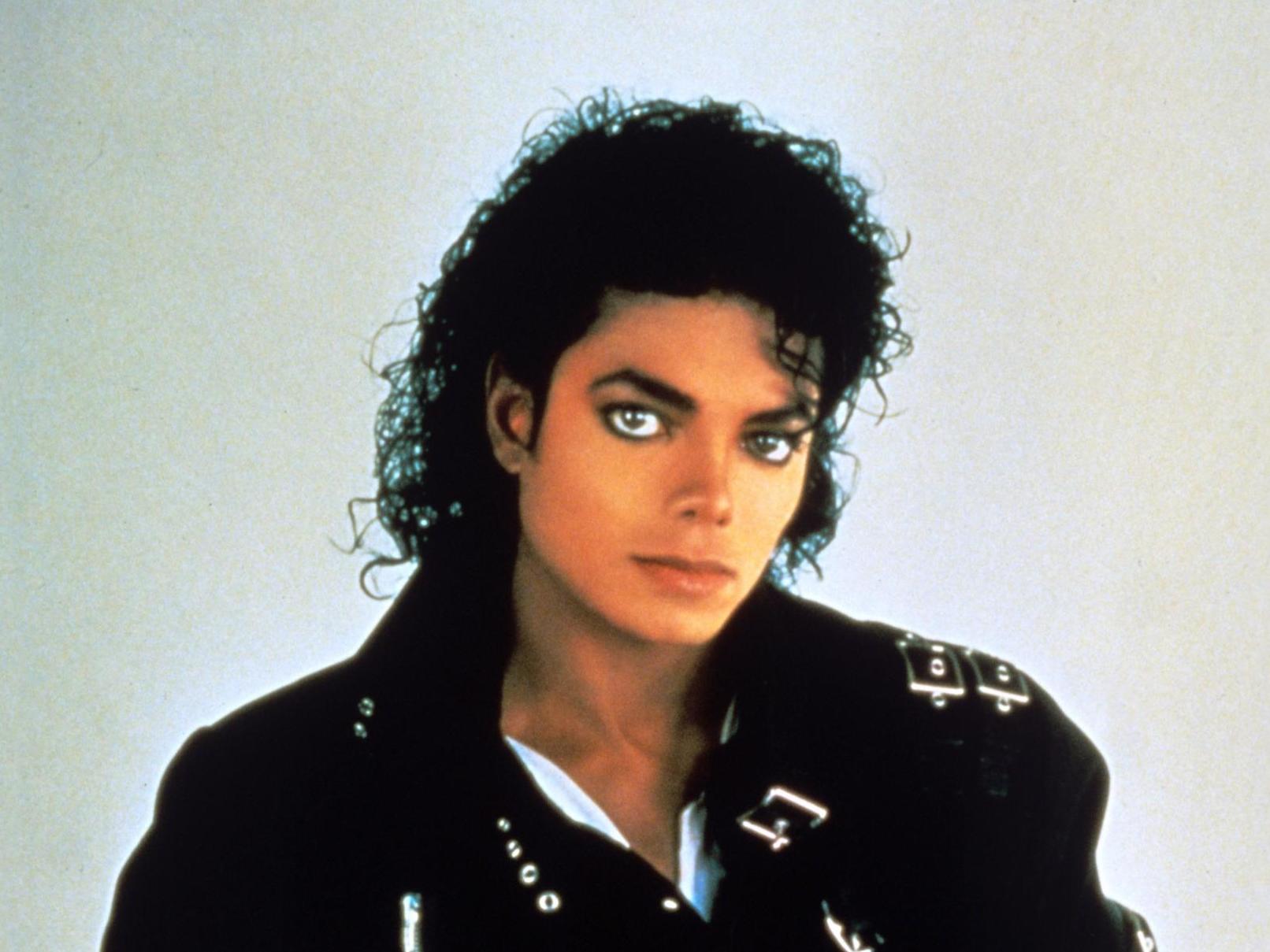We already know the real Michael Jackson – we didn’t need another documentary
The new BBC documentary The Real Michael Jackson arrives in the wake of last year’s Leaving Neverland, writes Ed Cumming. It has nothing like the same power


Your support helps us to tell the story
From reproductive rights to climate change to Big Tech, The Independent is on the ground when the story is developing. Whether it's investigating the financials of Elon Musk's pro-Trump PAC or producing our latest documentary, 'The A Word', which shines a light on the American women fighting for reproductive rights, we know how important it is to parse out the facts from the messaging.
At such a critical moment in US history, we need reporters on the ground. Your donation allows us to keep sending journalists to speak to both sides of the story.
The Independent is trusted by Americans across the entire political spectrum. And unlike many other quality news outlets, we choose not to lock Americans out of our reporting and analysis with paywalls. We believe quality journalism should be available to everyone, paid for by those who can afford it.
Your support makes all the difference.Oh look, it’s just what the doctor didn’t order, another Michael Jackson documentary. (In Jackson’s case, one of the few things a doctor didn’t prescribe.) Any lingering doubts over the kind of man the singer was were arguably put to bed last year by the documentary Leaving Neverland. Through the testimony of two of his alleged victims, Wade Robson and James Safechuck, HBO and Channel 4’s film presented the case for the prosecution in relentless and exhaustive detail.
“Michael Jackson was one of the kindest, most gentle people I’ve ever known,” said Robson. “And he also sexually abused me. For seven years.” Jackson was never convicted before his death in 2009, but watching Robson and Safechuck’s claims of abuse at the singer’s hands, I found it impossible not to conclude that they were telling the truth.
Leaving Neverland’s director Dan Reed, who had previously covered topics such as terrorism, 9/11 and natural disasters, told this publication that he’d approached his subject with “all the scepticism and rigour that I would approach a story about a terrorist attack”. The Real Michael Jackson (BBC2), a one-off film by the journalist and producer Jacques Peretti, has nothing like the same power.
It proceeds as another predictable collection of archive clips and interviewees, including Donny Osmond, Beyoncé’s father, Matthew Knowles, and Jackson’s friend and biographer, J Randy Taraborrelli. In the light of Leaving Neverland, the historic images are even more ghoulish, as we watch an effervescent child genius turn into a surgically mutilated fiend. Some of the footage is jaw-dropping – like the shots of child star Jordan Chandler sitting on Jackson’s lap at the VMA’s in Monaco, with Prince Albert next to them. But there is little we haven’t heard many times before.
What makes the film unusual is that Peretti made three previous films on Jackson. He “became part of the machine”, in his words, without ever giving due weight to the child abuse accusations. He’s not alone. The Jackson circus enveloped hundreds of journalists. And this self-reflection, and re-examination of Jackson’s evolving relationship with the media, is the most interesting aspect of the film. In later years, Jackson presented himself as a victim of the tabloid media, but Peretti makes it clear that it was always a two-way street, with the star’s camp playing up to the “Wacko Jacko” image. The drip-drip of bizarre stories around the singer made it easier to deny the criminal charges. Their argument went: the papers reported that he slept in a hyperbaric coffin, so why should you believe them when they say he abuses children? The Jackson camp’s control of the narrative for so long, despite Michael’s best efforts, was one of the great celebrity PR campaigns. Jackson used power and money as effectively as any mafia boss, and as Peretti reminds us, until Leaving Neverland, the star’s reputation had been rehabilitated in the years since his death.
No amount of evidence will ever convince the more rabid elements of Jackson’s fanbase – the bloggers and truthers and social media warriors. They will no doubt rage against this film as they did against Leaving Neverland. In a way, it is testament to the power of his work. People love “Billie Jean” so much, they will never believe its creator was a paedophile. It’s possible, too, that Jackson’s musical reputation will endure when people have forgotten about Jackson the man, which is unlikely to happen to Gary Glitter. For now, however, Jackson's reputation is in the sewer, and unless compelling new evidence comes to light, there have been enough documentaries. Let sleeping monsters lie.
Join our commenting forum
Join thought-provoking conversations, follow other Independent readers and see their replies
Comments